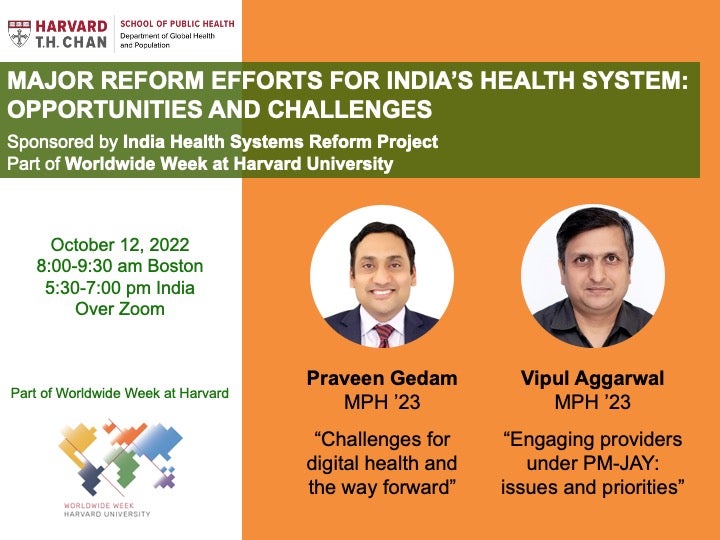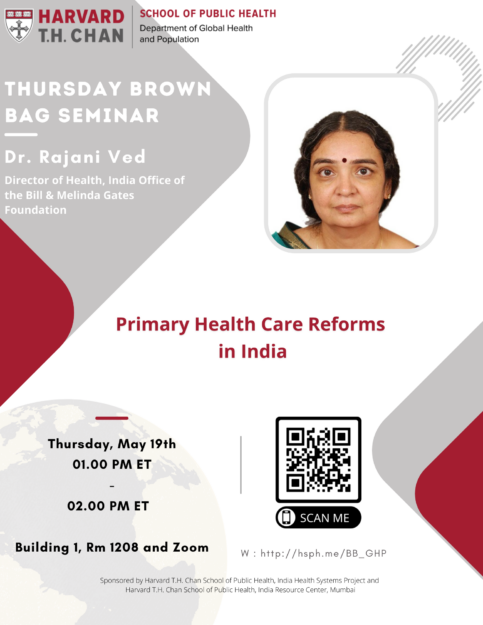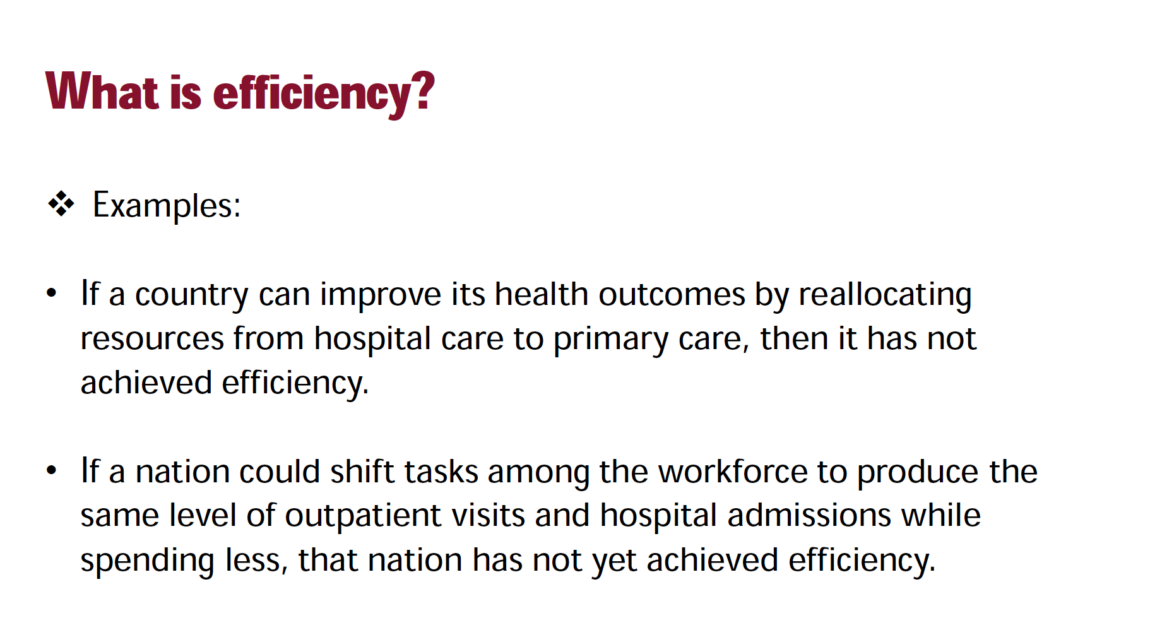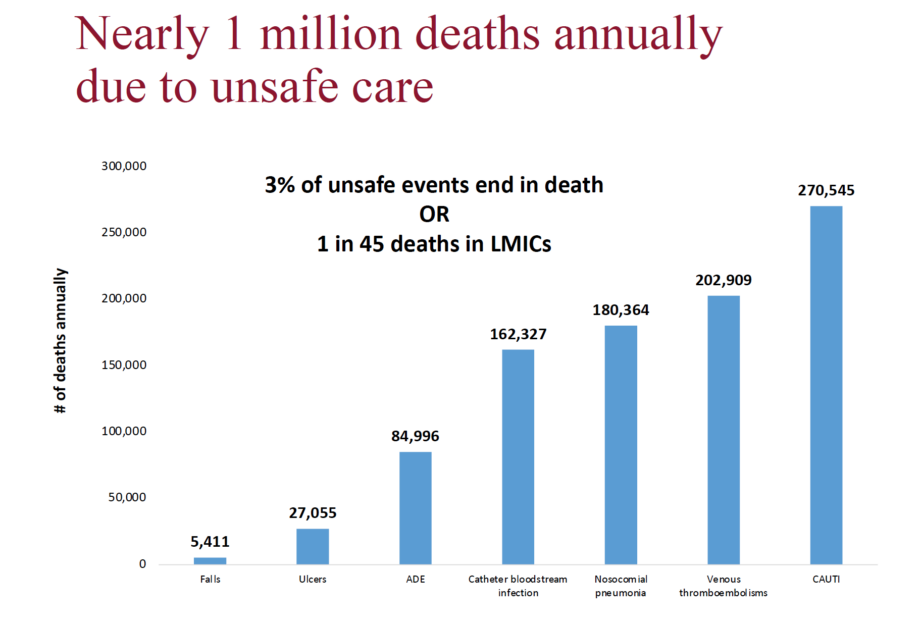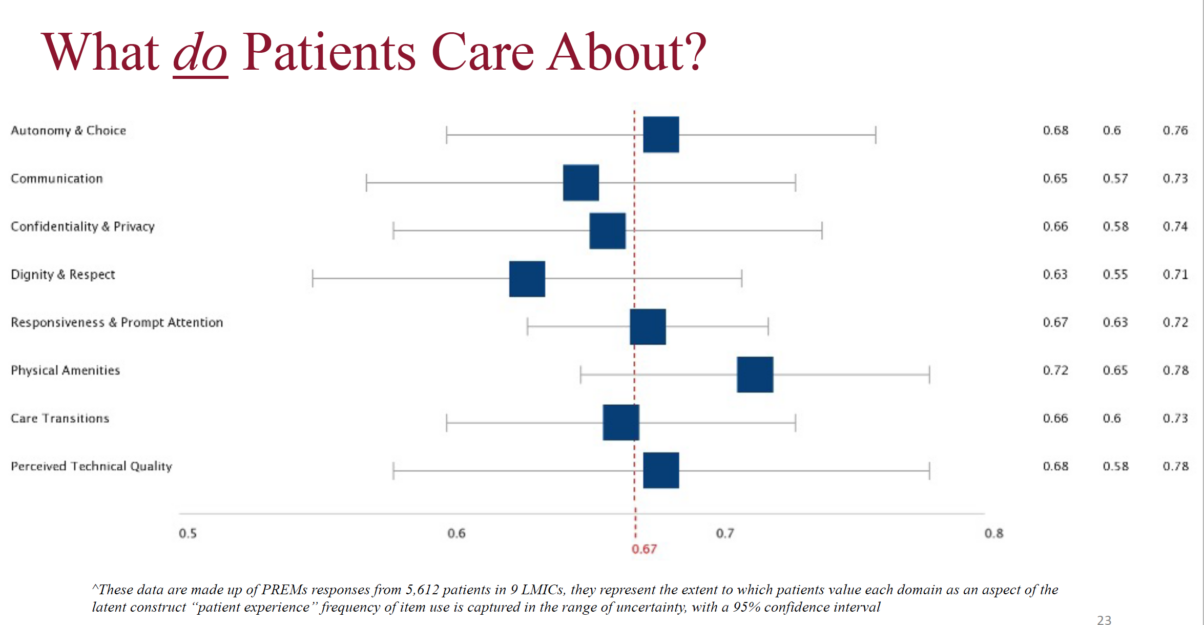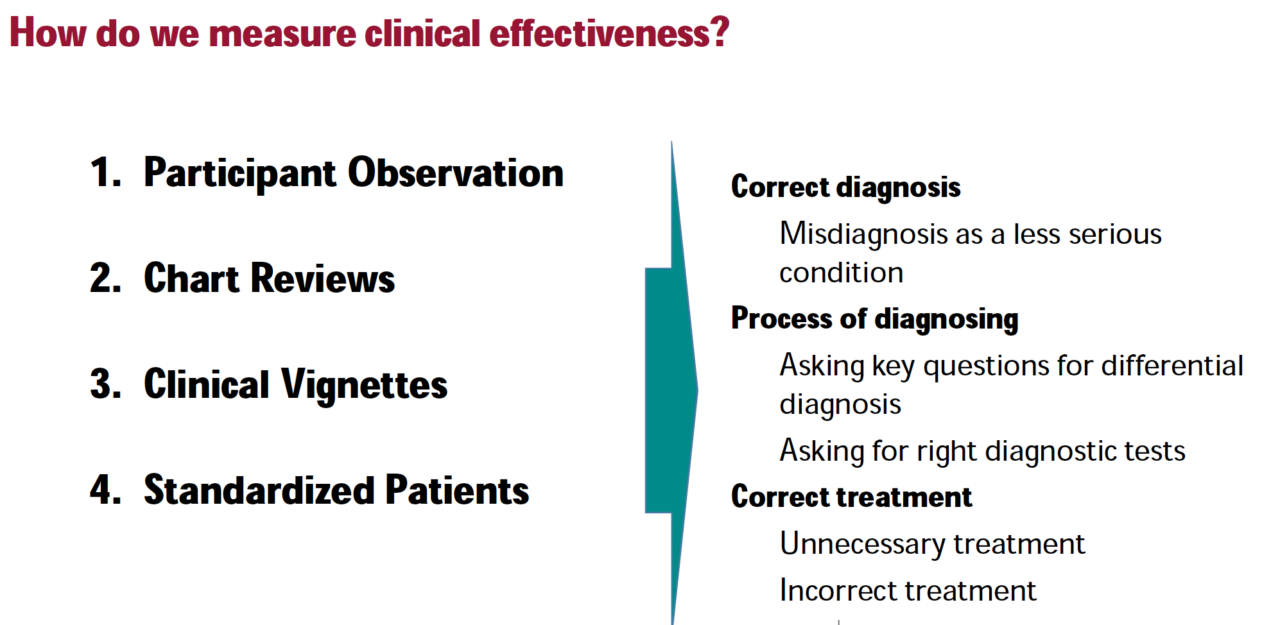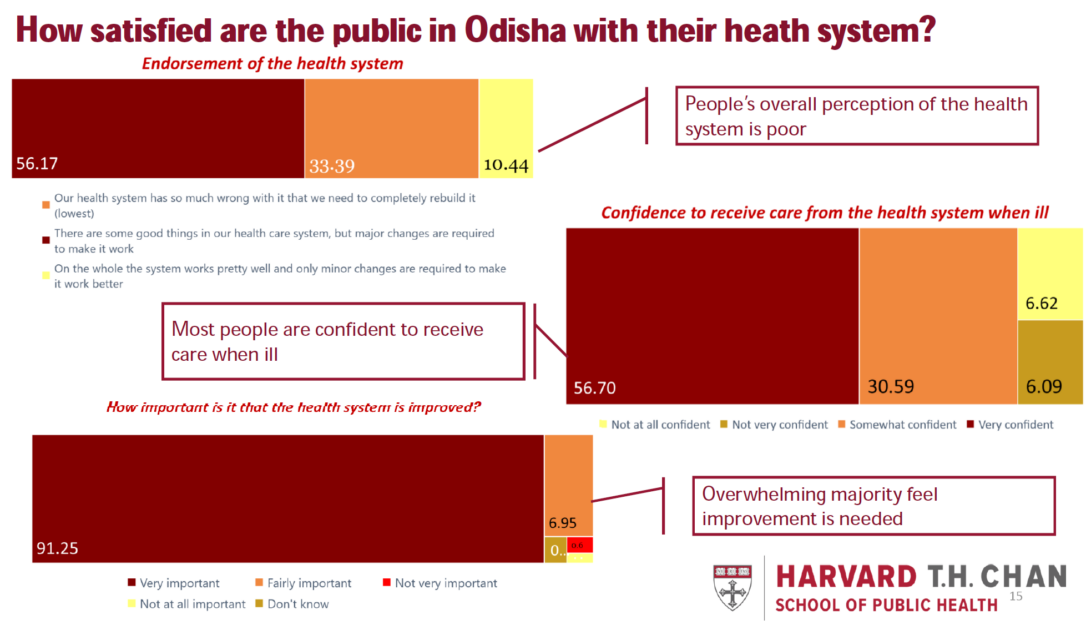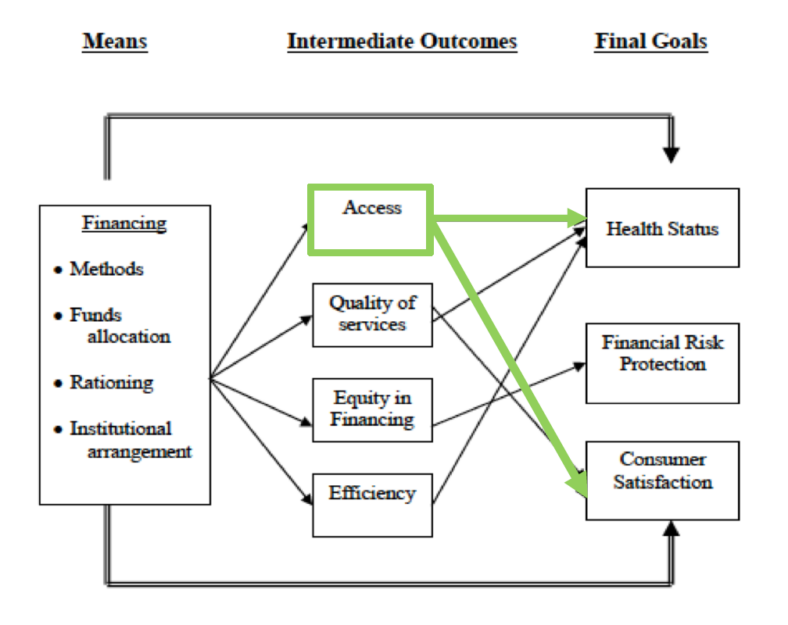“Randomized Regulation: The Impact of Minimum Quality Standards on Health Markets” Join us for a seminar featuring Dr. Jishnu Das, Professor at the McCourt School of Public Policy and the Walsh School of Foreign Service at Georgetown University. Moderated by Dr. Winnie Yip, Professor of Global Health Policy and Economics, Harvard T.H. Chan School of Public Health. Thursday, March 23 4:30 – 6:00 PM (ET) In – Person Building 1,…
Continue reading “Dr. Jishnu Das — Randomized Regulation in the Health Sector”

